Feliz Navidad – A Spanish Christmas!
Spaniards are known for stretching out the festive period into a month-long celebration. The start of the Spanish Christmas celebration begins on the 8th of December and continues through to the 6th of January. During this whole month, the bakeries have their windows filled with the popular Spanish Christmas cookies, Polvorones!
The Inmaculada Concepcion
The 8th of December is the Inmaculada Concepcion, or Feast of the Immaculate Conception, which is the celebration of the conception by the Virgin Mary. This day is taken off as a national holiday and is normally the time when the local government begins to set up the town’s nativity scene.
If you were to walk by one of these scenes, in some areas of Spain, you may be surprised to find a Caganer, a nativity character squatting to defecate. Traditionally, this character represents fertility and is thought to add a sense of realism. Spaniards enjoy the humorous side to this tradition and take joy in shopping for a new Caganer to place in their nativity scene. Children also find it enjoyable and turn this into an amusing game to try to spot the “pooping” figure first!
On the 21st of December during the Spanish Christmas festivites, the celebration of Hogueras, or bonfires, take place. This day recognizes the shortest day of the year. Participants take part in an activity where they jump through a burning fire which is an old ritual believed to protect from illness in the forthcoming year.
El Gordo
El Gordo, or the Fat One, may be one of the most widely recognized days. This is the Spanish lottery and is played every year with the drawing taking place on the 22nd of December. The award amount is very large and historically was beyond any amount possible to be won in any country. This year the amount is currently at 2.3 billion! It is customary for bars, restaurants and offices to play one set number, with numerous tickets bought by employees or patrons, in hopes of a higher probability of winning. Our favorite thing about El Gordo is the tear jerking commercial publicized before the drawing, like those of Publix and John Lewis which always bring us to tears.
Nochebuena
Nochebuena, or Christmas Eve, is a very personal celebration for a Spanish Christmas. All bars and restaurants close to enjoy family with a home-made meal and a favorite bottle of wine. Here in Galicia, this meal is normally one consisting of both fish and a variety of shellfish. Christmas Day is very different here in Spain as Santa is not widely believed in; but if he is, one small gift may be left for the children on this day. Families do not traditionally exchange gifts on this day!
Santos Inocentes
Santos Inocentes, or Holy Innocents’ Day, is celebrated on the 28th of December. The background of this day is to commemorate the massacre of male children in Bethlehem by King Herod’s order. Although created by a grim narrative, this day is like April’s Fools Day in the United States. It is filled with practical jokes, bonfires and generally pure silliness. It is custom to give the youngest child in the household the power to rule for the day. This is often the child’s most favourite day of a Spanish Christmas!
NocheVieja
The NocheVieja, or New Year’s Eve, is a big and very special evening for Spaniards. Bars, restaurants and clubs go all out and are filled to the brim. Once midnight approaches, people wander into the local square to toast the New Year and eat the traditional 12 grapes to the chimes of midnight. If you happen to be celebrating New Year’s in Spain, be prepared for this night to last until the early hours!
Dia de los Reyes Magos
The 6th of January is the Dia de los Reyes Magos, or the Feast of the Epiphany. This is the day the Three Kings arrived in Bethlehem. For Spanish children it is the day they wake up to find gifts left by the Three Kings. Proceeding this morning, the 5th of January has processions filling the streets with candy being thrown out to the town.
Despite the slight differences across cultures, a Spanish Christmas is meant to focus on family, goodwill and simply caring for one another. Whatever traditions you may be celebrating, we hope you are all surrounded by loved ones. Have a very Merry Christmas; or as the Gallegos would say here on the Camino de Santiago, “Bo Nadal!”

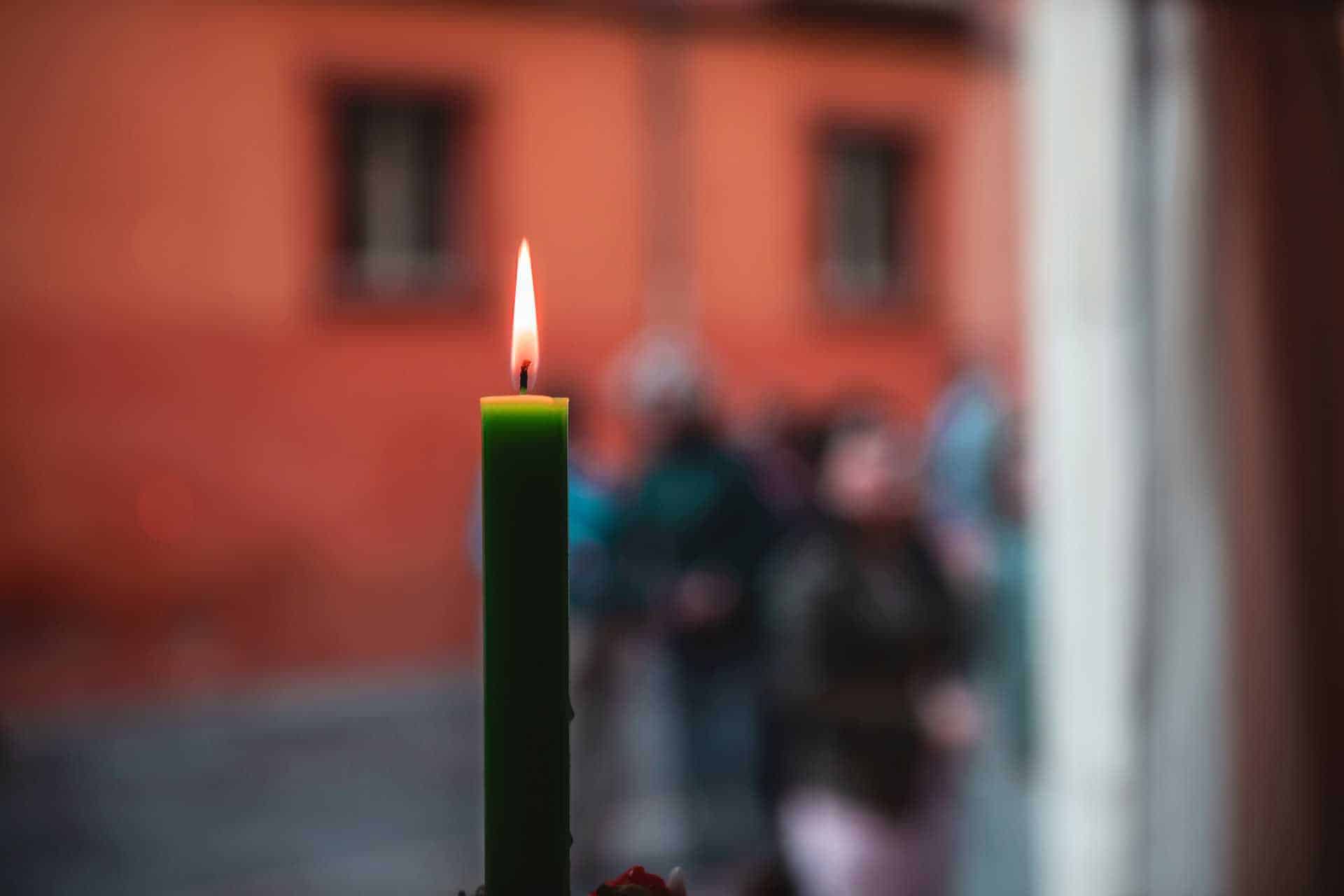

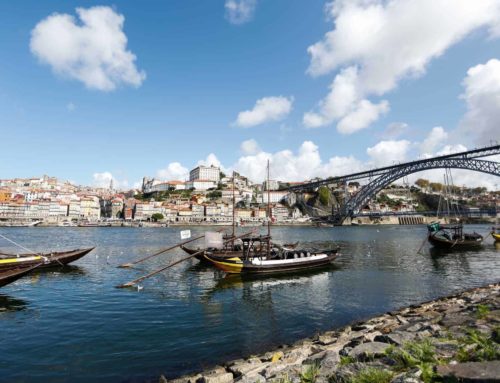
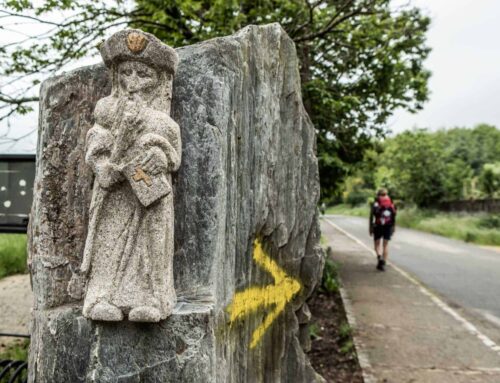
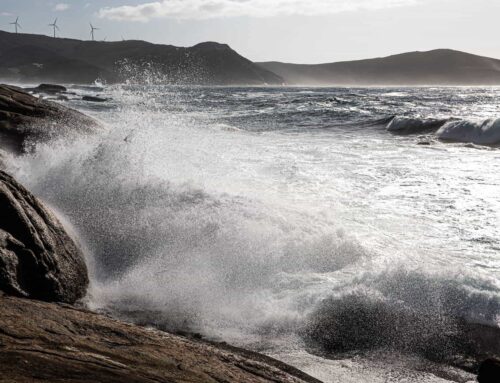
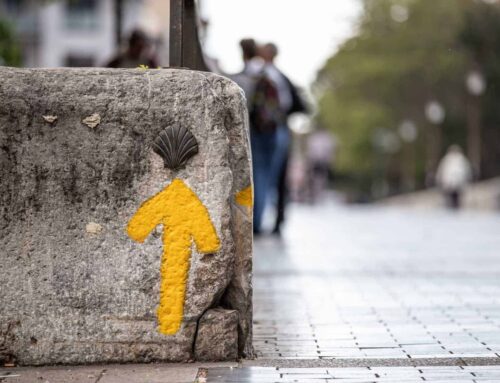
[…] Today, Polvorones can be found all over Spain. There are many shops here in Santiago de Compostela and along the Camino de Santiago that sell them during the festive season. […]